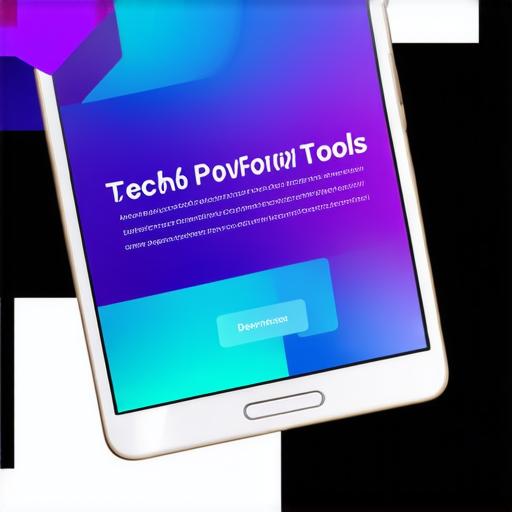
The Android platform is constantly evolving, and developers need to keep up with the latest features and trends to create high-quality apps that can take advantage of the latest technologies and trends. The Android Developers Blog is a valuable resource for staying informed about these changes and discovering new ways to develop apps for the Android platform.
1. Android 12: The Latest Version of Android
Android 12 is the latest version of the Android operating system, and it brings a number of exciting new features for developers to take advantage of. Some of the key updates include improved privacy controls, updated Material You design language, and enhanced support for foldable devices. If you are planning on developing a new app or updating an existing one, it’s important to keep these changes in mind and ensure that your app is compatible with the latest version of Android.
2. Android Things: A New Era for IoT Apps
Android Things is Google’s platform for building apps for the Internet of Things (IoT). This platform provides developers with a range of tools and resources to create apps that can interact with a wide variety of smart devices, from wearables and home appliances to industrial machinery and medical equipment. With Android Things, developers can easily build apps that can control and monitor these devices, providing users with new ways to interact with them and making it easier for businesses to manage and optimize their operations.
3. Flutter: A Cross-Platform Development Framework

Flutter is an open-source mobile development framework created by Google. It allows developers to build apps for both Android and iOS using a single codebase, which can save time and resources compared to building separate apps for each platform. Flutter uses the Dart programming language and includes its own rendering engine, which allows it to deliver fast, smooth performance on both platforms. With Flutter, developers can create high-quality apps that are indistinguishable from native apps, without having to learn multiple programming languages or development environments.
4. Android KTX: A Library for Kotlin Extensions in Android Development
Android KTX is a library that provides a set of extensions for the Kotlin programming language, which is becoming increasingly popular among Android developers. These extensions make it easier for developers to work with Android APIs and simplify common tasks such as creating views, managing layouts, and working with user interfaces. By using KTX, developers can write cleaner, more concise code that is easier to read and maintain, which can lead to faster development times and fewer bugs.
5. Android X: A New Approach to Dependency Management

Android X is a new approach to managing dependencies in Android apps. It replaces the traditional version numbers for Android libraries with a more streamlined system that allows developers to specify the exact version of a library they need, without having to worry about compatibility issues or updates. With Android X, developers can easily manage their app’s dependencies and ensure that they are using the latest versions of the libraries they need, without having to manually update them themselves.
In conclusion, there are many exciting new developments on the Android platform that can benefit app developers. From Android 12 and Android Things to Flutter and Android KTX, these updates provide developers with new tools and resources to create high-quality apps that can take advantage of the latest technologies and trends. By keeping up with these changes and incorporating them into your app development process, you can stay ahead of the curve and ensure that your app remains relevant and engaging for your users.
